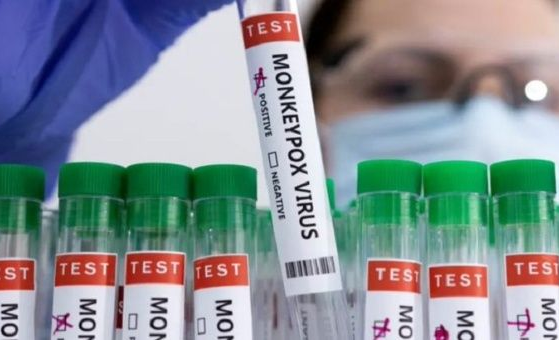
The Pan American Health Organization (PAHO) warns that the American continent is the epicenter of Monkeypox, reporting more than 30,000 positive cases of the disease.
Washington, September 9 (RHC)-- The Pan American Health Organization (PAHO) warns that the American continent is the epicenter of Monkeypox, reporting more than 30,000 positive cases of the disease.
According to the director of the regional organization, Carissa Etienne, most of the infections are found in the United States, Brazil, Peru, and Canada; mainly among men engaged in homosexual relations, although it was also detected in at least 145 women and 54 people under 18 years of age.
“Stigma has no place in public health, if we are not proactive in overcoming these barriers, smallpox will spread silently,” Etienne said. In view of the spread of the disease throughout the Americas, Etienne pointed out that at the request of PAHO member states, the organization reached an agreement with the producer of the smallpox vaccine to make it available to the countries of the region.
In this sense, the organization added that as a consequence of the insufficiency of immunizers against Monkeypox at the international level, as well as the lack of an effective treatment against the disease, it is necessary that the nations of the area promote actions to stop the increase of contagions.
For example, the official urged the creation of effective communication campaigns, with practical, honest and specific messages, to provide the population with information on how Monkeypox is transmitted, what the specific symptoms are and when to seek medical attention.
Etienne added that decentralized testing is imperative, particularly for high-risk individuals; as well as ensuring that health professionals are trained to provide respectful, high-quality care.
“As we saw with the global response to COVID-19, access to resources and sustained collaboration are critical to stopping a virus, an effective public health response requires us to be decisive, act quickly and prioritize to support the most vulnerable in our region,” Etienne stressed.

